Moody Blues' Norda Mullen Mulls the Moods of Music
Share
ClassicalMusicMe
Norda Mullen, current flautist (since 2003) for classical-rock pioneers The Moody Blues interviewed with me from her Ogunquit summer house this week. The daughter of a classical violinist, Mullen was greatly influenced by her older siblings' love of 60's pop. She discusses the "Moodies" and the varying “moods” between pop and classical music.
What are some of your earliest memories of playing pop flute?
My sister was having a party and we weren't allowed in the party room. I was in my parents' bedroom and didn't have anything to do. They kept playing the Moodies' album Days of Future Passed and I kept hearing "Nights in White Satin.” I was sitting there and my flute was with me, and I thought "oh wow, I'll play that flute solo," so I figured it out by ear. And the Jethro Tull album called Stand Up which has their version of the Bach piece "Bourée"—that too I figured out. My sister played flute also. It's a duet on that version, so she and I figured out both parts. That was very cool because you just “got” that you could play by ear and not have to read everything.
During your classical training at Interlochen and Northwestern, did your mentors and peers know about your pop interests?
My hidden identity? I never let on in the classical world that I enjoyed playing by ear. The two never really clashed but it was good to juxtapose them. The timing of the two never really merged until I started doing it professionally. I know many classical players that have never played by ear, and it wasn't my case so I was very lucky to have done that preparation.
There seems to be a thick line dividing those genres . Have you encountered any stigma attached ?
It never came up but I do think that a lot of classical musicians, when they hear that I toured with The Moody Blues, they wouldn't judge me but I think they'd judge rock and roll. Some really get it, but 80% of them don't even think about it as anything valid.
How about on the rock side?
I think The Moodies are happy with what I've done. I don't know how they'd feel if they spent a day with Ian Anderson—if they'd come back and say "Can't you play a little more like him?". I think the way I play is a perfect fit for what their music demands. They're such a symphonic sound, that's what they did. They recorded with an orchestra, they were one of the first bands that did that.
When you think of pop bands that infuse classical music, the Moodies come up as one of the first and best at it. How does it feel to play with them?
They are the pioneers of it really. They combined them well. It's timeless music as a result and it appeals to a lot of people because of it. It has a wide range of acceptance because it combines so many elements, and why not? Why shouldn't music combine many elements? It's all music.
Was it difficult replacing Ray Thomas?
It was difficult because the fans didn't know he was leaving, they were confused. Musically it wasn't difficult, but replacing an original member wasn't easy. I think I've grown on the fans and they're used to me by now, but I've always respected the fact that I'm not him.
What's your favorite song to play with the Moodies?
"Are You Sitting Comfortably?" because there's a great flute solo in the middle. Actually I wrote that solo—kind of expanded from what Ray did into my own solo. I love the song “The Actor,” and of course “Nights in White Satin” and “Tuesday Afternoon.” “Never Comes The Day” has a fun jamming part I play on harmonica. There's so many of them, it's hard to pick a favorite. I also like “Isn't Life Strange?”, a beautiful John Lodge song. I was in love with that when I was about 14 so I really enjoy playing it. There's a little bit of noodling I get to do on "Peak Hour."
Continue Reading...
